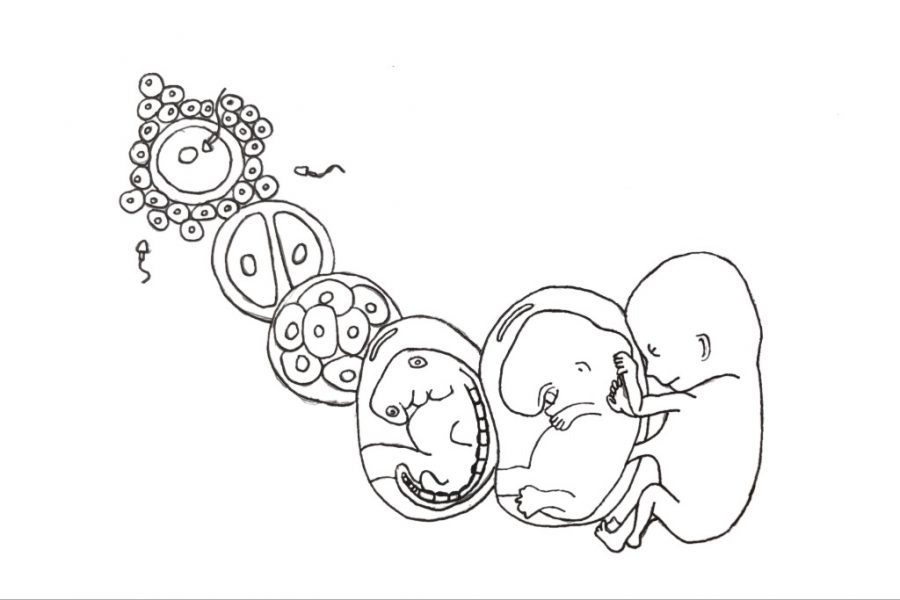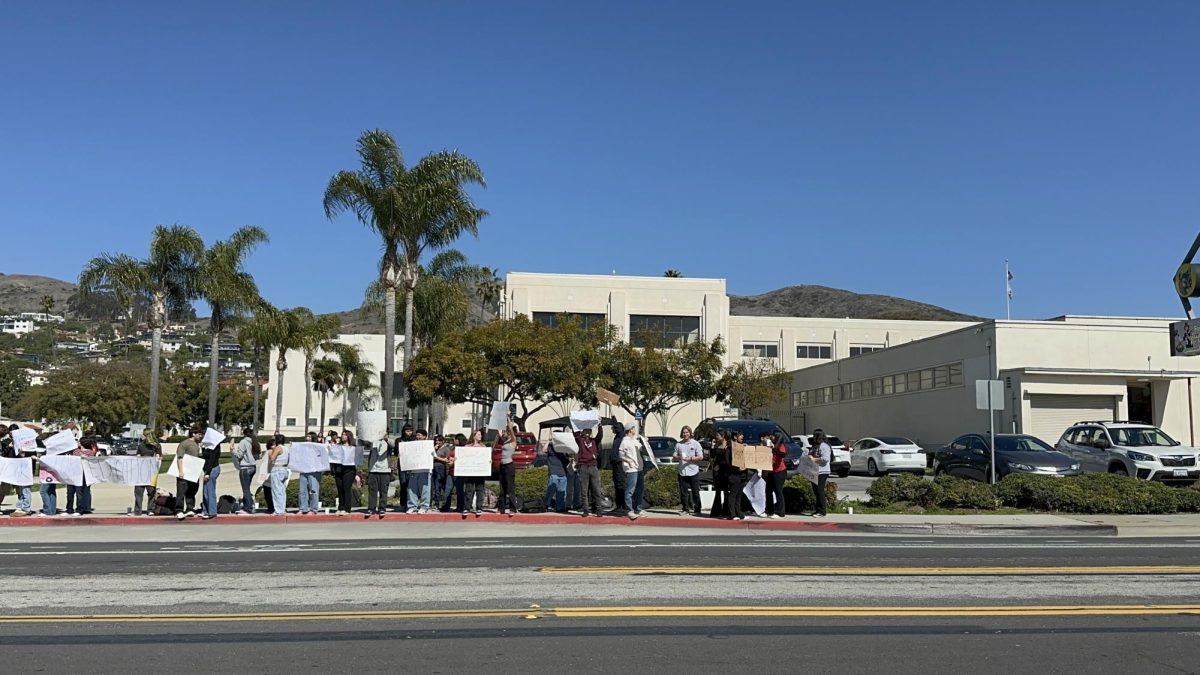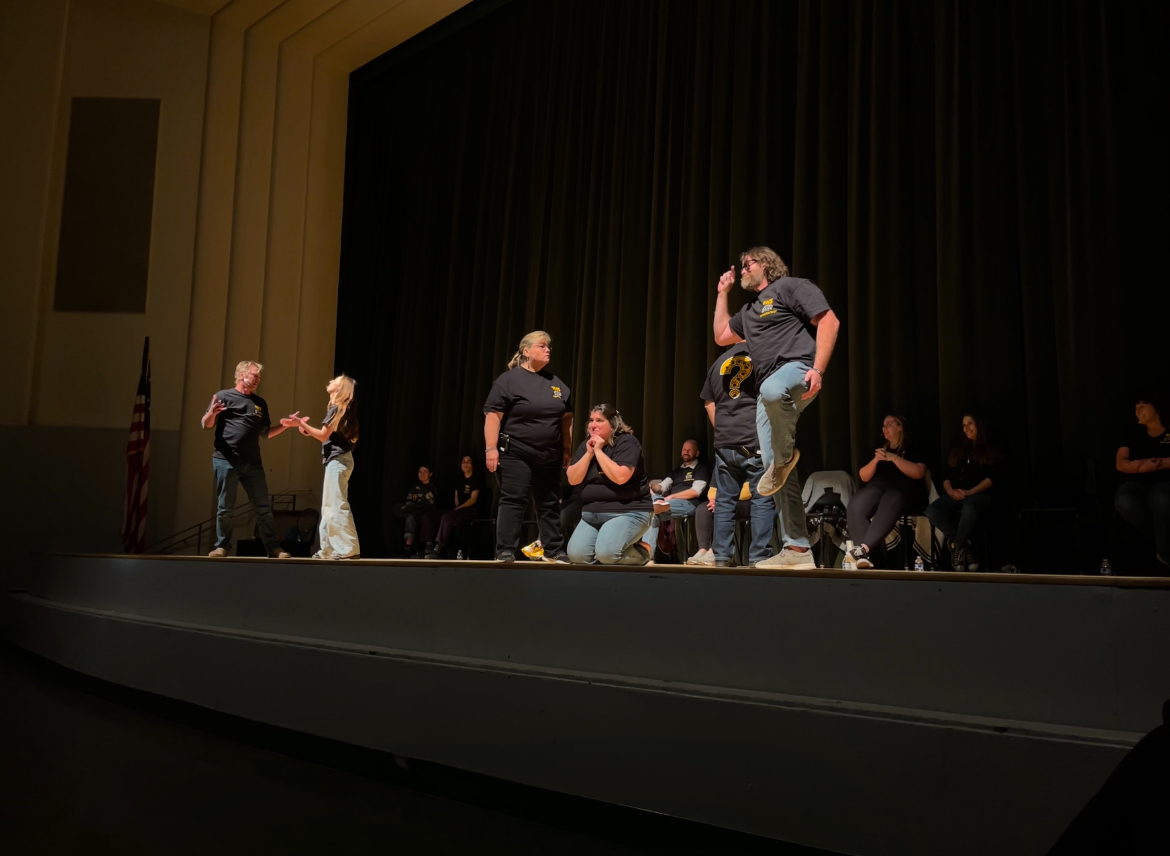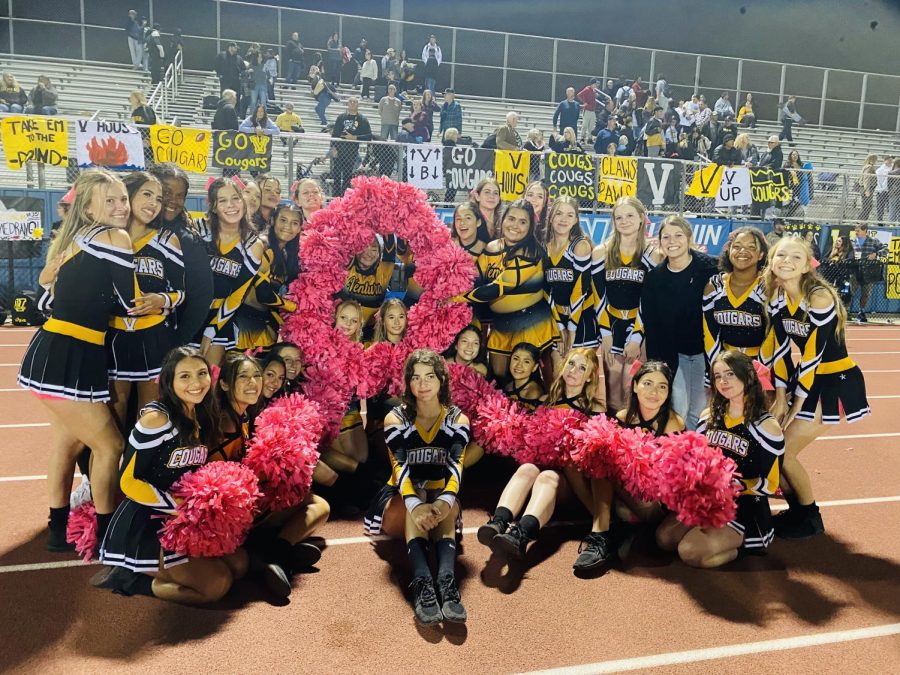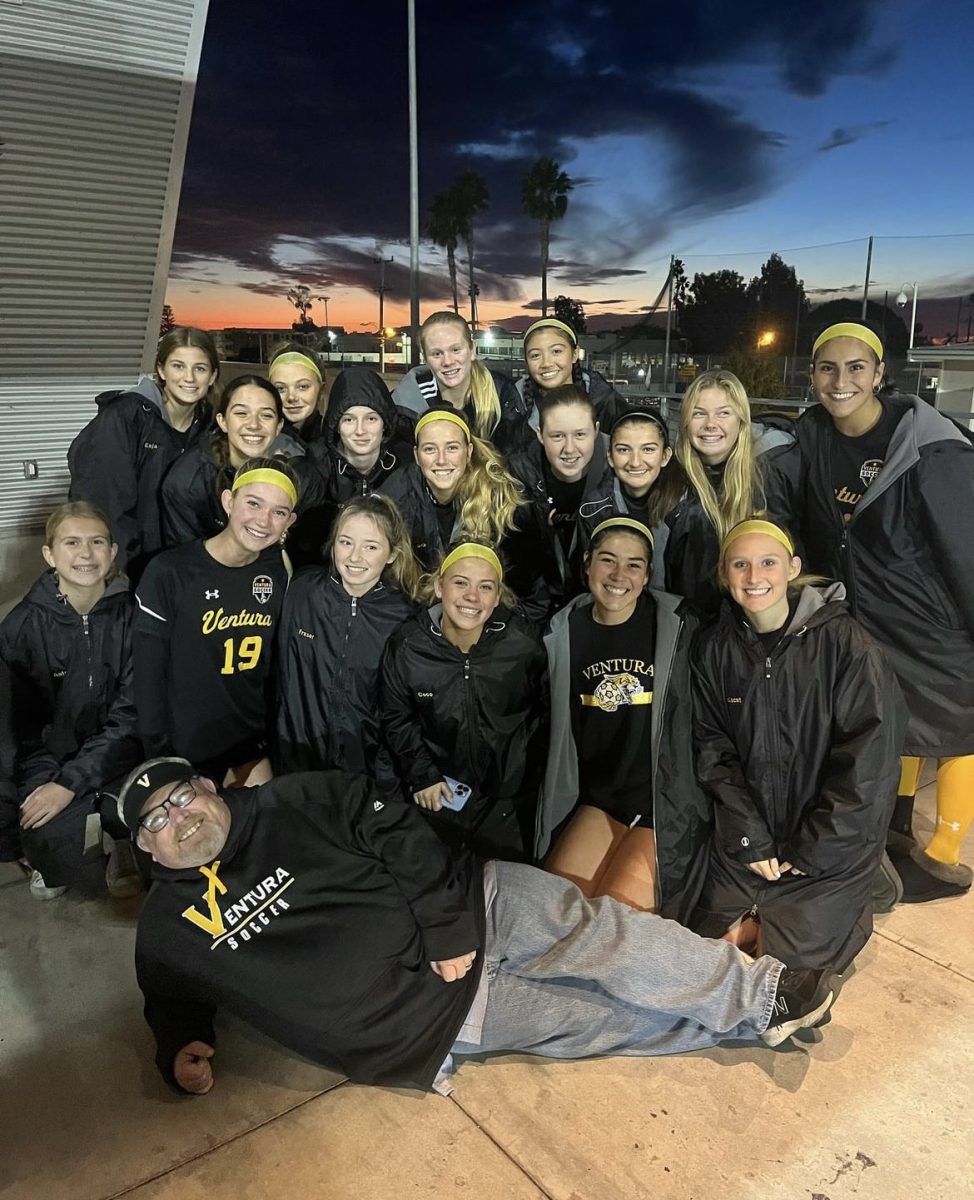A wave of laws restricting abortion access were signed into law across the country, signifying the start of a new conservative push to overturn Roe v. Wade.
In Alabama, Governor Kay Ivey signed a bill that will ban all abortion, from the moment of conception, with the only exception being for mothers whose lives are at risk. An eight-week abortion ban was recently signed in Missouri, and “heartbeat” abortion bans, which make abortion after a fetal heartbeat is detected, illegal, have passed in Ohio and Georgia.
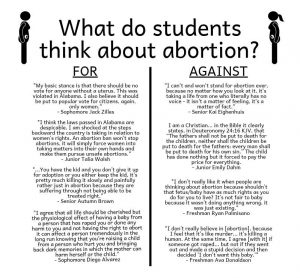
Critics argue that the heartbeat bans, which effectively restrict abortion after five to six weeks of pregnancy, prevent women who may not even know they are pregnant from getting abortions.
Junior Talia Walsh shared her opinion, stating, “The law does not allow exceptions for rape or incest which is sinister, as that means literal children will be forced to carry a child to term. It’s absolutely insane.”
Freshman Ryan Palmisano said, “…It isn’t fair to the baby, what if you were that baby and you had no choice in the say, it was up to your mom to decide to keep you or not, there [are] alternatives to abortion while keeping the baby alive, like adoption, that way the kid survives and the mom doesn’t have to deal with the baby…”
While sophomore Jack Zilles argument differs: “One counter argument I’ve heard is that the foster system is the answer to unwanted babies, but there are currently 400,000 kids in foster care in the US. Before we consider this option, we must fix the problem of not enough foster families. Overall though, I think it should all rest in the hands of women.”
Agreeing with Zilles, senior Iman Hibbler stated, “It’s not their choice, it’s not their body.
It’s your body, you should get to choose what you do with it.”
Much of the criticism of the Alabama law centered on the fact that it passed Alabama’s State Senate without receiving a single vote from a female Senator. However, others point to the fact that it was signed by a female governor as evidence that the issue doesn’t break exclusively along gender lines.
Junior Emily Dahm said, “I am pro life. That does not mean I am against women’s rights, but I am protecting the rights of the unborn… This [being] said, I think the sentencing for the doctors who perform abortions [past] six weeks in Alabama are extremely drastic, but I think it is a good thing in the long run and it’s a step in the right direction.”
Alabama doctors could face up to 99 years in prison if they perform an abortion.
In response to those that voted in Alabama’s State Senate, freshman Kailey Hardin said, “They are all white men, yeah, I think that’s disgusting…”
Roe v. Wade, a 1973 Supreme Court ruling, established that women have the constitutional right to an abortion under their implied right to privacy. The verdict, considered by many to be one of the most controversial in the court’s history, has been the focus of intense criticism from the political right.

Many anti-abortion activists believe that the appointment of Justice Brett Kavanaugh to the Supreme Court opens the door to a partial or total overruling of Roe v. Wade. Kavanaugh has repeatedly stated that he considers Roe v. Wade to be “settled law.” However, in a recent case, Kavanaugh argued that a Louisiana law that would have shuttered two of the state’s three remaining abortion clinics did not constitute an “undue burden” on women seeking to terminate their pregnancies. Some advocates for abortion access believe that reducing the standard of what constitutes an “undue burden” on women could be used as a backdoor to nullify Roe v. Wade without directly overturning the ruling.
If Roe v. Wade was overturned, the door could be opened for conservative states to enact complete or near-complete bans on abortion. California, a state with a pro-choice governor and Democrat-controlled state legislature, would likely not see significant changes to abortion access.
Senior Dylan Johnson stated, “I think what’s happening in Alabama is messed up and women should be able to have reproductive rights, and I personally don’t think it could happen here because our state has very democratic laws which is good for our state but not good for others.”
Senior Ren Tallent explained, “I don’t think it could happen here because California, Oregon and Washington are always the ones with the most progressive policy and population, and I don’t think anyone would let that happen.”
Though Hibbler stated, “If they are starting it there, [it] probably could spread [to California].”
Junior Riley Beeson stated, “I don’t believe in abortion, I believe in abortions only in the case of rape, incest, or risk to the mother’s life. I feel that it is killing a human being and not giving it a chance to live a life, if killing a pregnant woman is double homicide then why isn’t abortion murder?”
Concluding, senior Kai Eighenhuis stated, “Rape, incest and molestation are deplorable acts, but even after the fact there are far more actions to take than just abortion. There are such thing as rape process at the hospital, safe place and rape crisis centers, and etc., all over. That’s what women and young children should immediately pursue when they are sexually violated, as well as being educated on how to protect themselves, others, and to seek help.”



